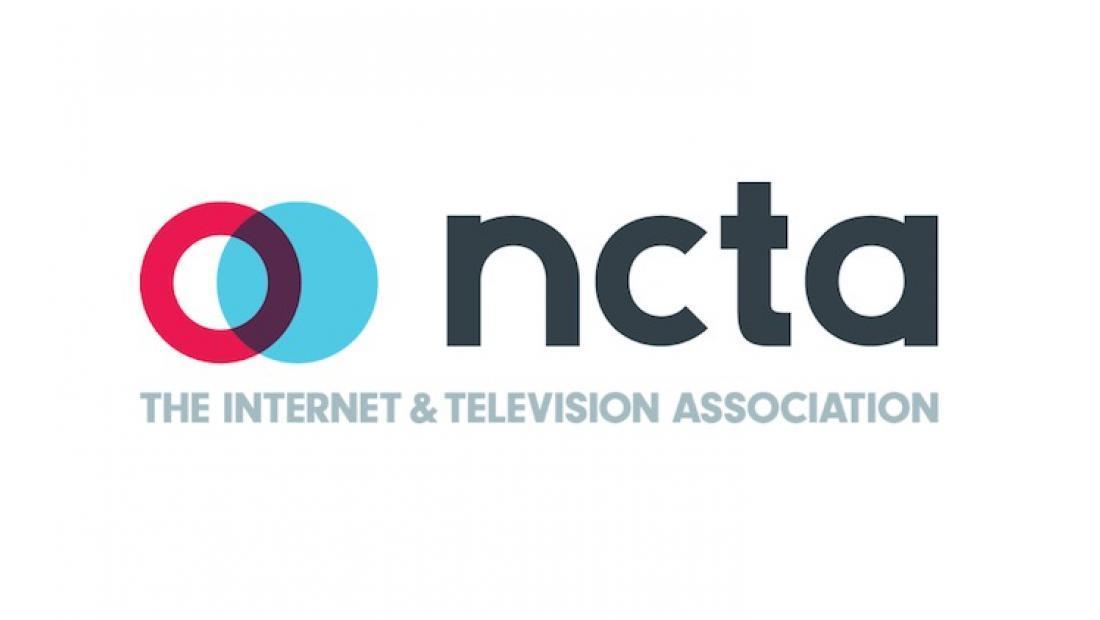NCTA: Cable Ops Are Smart 'Smart Cities' Choice
The smarter way to stay on top of the multichannel video marketplace. Sign up below.
You are now subscribed
Your newsletter sign-up was successful
NCTA-The Internet & Television Association is arguing that it would be smart for cities and towns to team with cable ops on the kind
of gigabit-speed broadband service that turns them into "smart" cities and communities.
Telcos are actively going after the smart cities market, and utilities can be expected to follow, says Dr. Peter Williams, CTO, Big Green Innovations, at IBM in a smart cities online preview. In fact, Williams says last year he fielded calls from utilities about smart cities "every other week."
But NCTA, which Wednesday released a white paper it commissioned from Bill Maguire of Connected Communities, says cable ops are uniquely positioned to be the go-to provider when cities and localities want to ramp up connected communities for IoT and with 5G small-cell deployments.

Among the key "underappreciated affinities" between cable ISPs and communities:
1. "Cable networks have the capability to support smart community/IoT applications both now and in the future.
2. "A rapid expansion of the number of homes where gigabit service is available means that the smart home will be an increasingly viable platform capable of advancing smart and connected community objectives.
The smarter way to stay on top of the multichannel video marketplace. Sign up below.
3. "Smart and connected community partnerships between cable providers and local governments reflect new and evolving approaches to collaboration."
Among the paper's recommendations to local governments is to make sure to talk to cable providers and include them in the process and to evaluate whether their existing connectivity can support the smart apps and deployments.
For their part, cable ops should educate community leaders about cable expertise and end-to-end connectivity and should look at public-private partnerships with cities or universities and nonprofits as a way to grow economic activity in their communities and ultimately draw new customers.
But NCTA members are not waiting around for a green flag. NCTA points out that Cox, Comcast and Charter all have partnerships with cities "to develop, test and evaluate different solutions for IoT applications, as well as to engage more stakeholders to participate in efforts to deploy new innovations that help to address key community concerns, such as energy efficiency or better water management."
"There’s no question that cable’s investment in deep fiber over the last five years will play a substantial role in enabling smart cities, both directly and indirectly through mobile backhaul," says internet industry analyst and author Larry Downes, project director, Georgetown Center for Business and Public Policy. "But more than abundant capacity, smart cities and the IoT more broadly need is killer apps. So far, consumers haven’t embraced many, in part because of concerns about personal data collection and use that have been amplified by recent social media breaches.
"Can broadband providers and cities crack the case together? Absolutely. Access providers have already proven they can adapt their networks to new applications, such as security. And since many smart city apps will connect devices owned and operated by local governments, including lighting, transport, trash and parking, there’s no doubt that private-partnerships will be essential to accelerate adoption."
Contributing editor John Eggerton has been an editor and/or writer on media regulation, legislation and policy for over four decades, including covering the FCC, FTC, Congress, the major media trade associations, and the federal courts. In addition to Multichannel News and Broadcasting + Cable, his work has appeared in Radio World, TV Technology, TV Fax, This Week in Consumer Electronics, Variety and the Encyclopedia Britannica.

